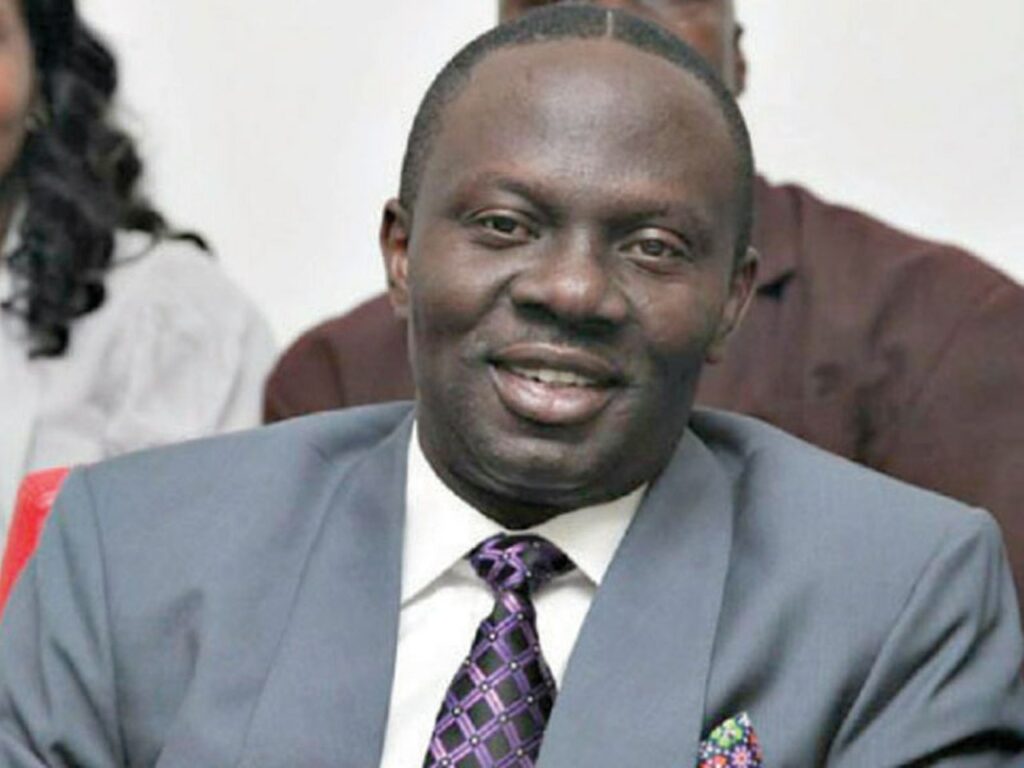Over the years, in the course of this job, I have learnt not to dabble into stories that border on national security. Some stories we write have security implication; we sometimes think they are insignificant and simply call them fillers. I learned the hard way never to take any printed word for granted. In my days at Daily Trust, I came across such a “filler” or an “insignificant” story with far reaching security implication just as it (the story) drew the ire of one of the security agencies. It was about one of ‘their personnel’ who had a minor land dispute with his kinsman somewhere in the South-South, which our reporter filed and we at the head office got published. Based on that publication, my bosses and I, were invited by the agency in question. In a nutshell, the agency’s representative politely explained the implication of our publication which he said was tantamount to “unmasking a masquerade in a market square” as we say in Nigeria; that means our story has so exposed the gentleman in question he could lose his job or might never attain a certain position in his career, while the agency could also be slighted in the process. At another time, I had to be a guest of yet another agency because of the “implication” of an editorial in the paper I edited.
Although, these are learning curves, I have since been reluctant to make comments on security related matters. President Buhari’s recent comment on security and rule of law, has however drawn me from my self-imposed censorship. First, rule of law concerns all of us; it is a set of values that should guide and regulate our day to day activities, and it is the guiding light for government. The whole essence of constitutional democracy is the rule of law; it is sacrosanct and without rule of law, there will be breakdown of law and order, which invariably can affect national security.
I want to believe President Buhari knows this, having served as a military head of state and now serving as a civilian president. As at 2015, Nigerians were obsessed with Buhari; but were also nostalgic about his War Against Indiscipline. Nigerians also did not forget to point out his dictatorial streak and Decrees 2 and 4 which gagged the press and put freedom of speech in abeyance, but all the same, felt we needed a semblance of his sense of integrity to rescue a nation in decay. Today the story is different; he has not been able re-enact the “good” in his past misdeeds; the fight against corruption, his major campaign watchword, is growing horns, and the economy is in doldrums.
By the time Buhari insinuated the possibility of jettisoning the rule of law in the interest of national security a few days ago, Nigerians again began to question his true credential as a reformed democrat. At the 2018 Annual Conference of the Nigerian Bar Association on Sunday, President Buhari said: “The rule of Law must be subject to the supremacy of the nation’s security and national interest. Our apex court has had cause to adopt a position on this issue in this regard and it is now a matter of judicial recognition that; where national security and public interest are threatened or there is a likelihood of their being threatened, the individual rights of those allegedly responsible must take second place, in favour of the greater good of society”.
This has therefore triggered debates about which should take precedence over the other and whether the president is yet to cure himself of his military mentality of yester years. The remark is also seen as a justification for the continued detention of Colonel Sambo Dasuki (rtd), former National Security Adviser to ex-President Goodluck Jonathan, who has been in detention since December 2015 and Shiite leader, Sheikh Ibrahim El-zakzaky, charged for offences bordering on culpable homicide, unlawful assembly, and disturbance of public peace in the aftermath of the altercation that ensued after his group clashed with the Army Chief, Maj General Tukur Buratai’s convoy. According to the account of the officials of Kaduna state government, 347 Shiites were killed and given mass burial. But despite the loss of lives of his followers and several court judgments granting him bail and ordering his release, the sheikh is still held incommunicado. The president once said the judiciary is his problem. With his latest outburst, he is actually proving his disdain for rule of law and subsuming it under national security and is yet another excuse to curtail individual freedom.
In the two cases mentioned above, the president went against the constitution of the land. He should actually be reprimanded, if politics was not in the mix, but justifying it is taking presidential power to an unacceptable limit and making Nigeria look like a banana republic.
How can the president who should ensure the functionality and observance of the rule of law justify its defiance in the name of national security? A government that has failed to abide by the rule of law through its rejection of court orders should not further trivialise issues, and to juxtapose it with national security argument amounts to an impunity of the highest order. Whether it is allegations of treason, corruption, murder, theft, kidnapping, etc., the final arbiter in the pronouncement of guilty verdict resides with the judiciary.
Our criminal justice system is a poor mimicry of what operates in other climes: from gathering of evidence, prosecution to trial to execution, time is lost, values eroded and justice denied. Unfortunately, statements like this, coming from the highest authority in the land give credence to our dysfunctional criminal justice system and embolden law enforcement agencies to always take side with the government in all cases no matter how innocent the accused is. This is one of the reasons why people’s rights are not respected, why justice is delayed or denied and why our prisons are bursting at the seams with awaiting trials or innocent victims, because someone somewhere presumed them guilty before their trials could even begin.
As a matter of responsibility, President Buhari should be on the side of the rule of law and the constitution, because they are parts of the oaths of office he swore to preserve. Failing to do so should not be a reason to deride it either. These are grounds for a case against him, if not in Nigeria, but at the Hague, by the time he ceases to be president. This should not be a legacy for a man so revered.
Okino writes in from Abuja



